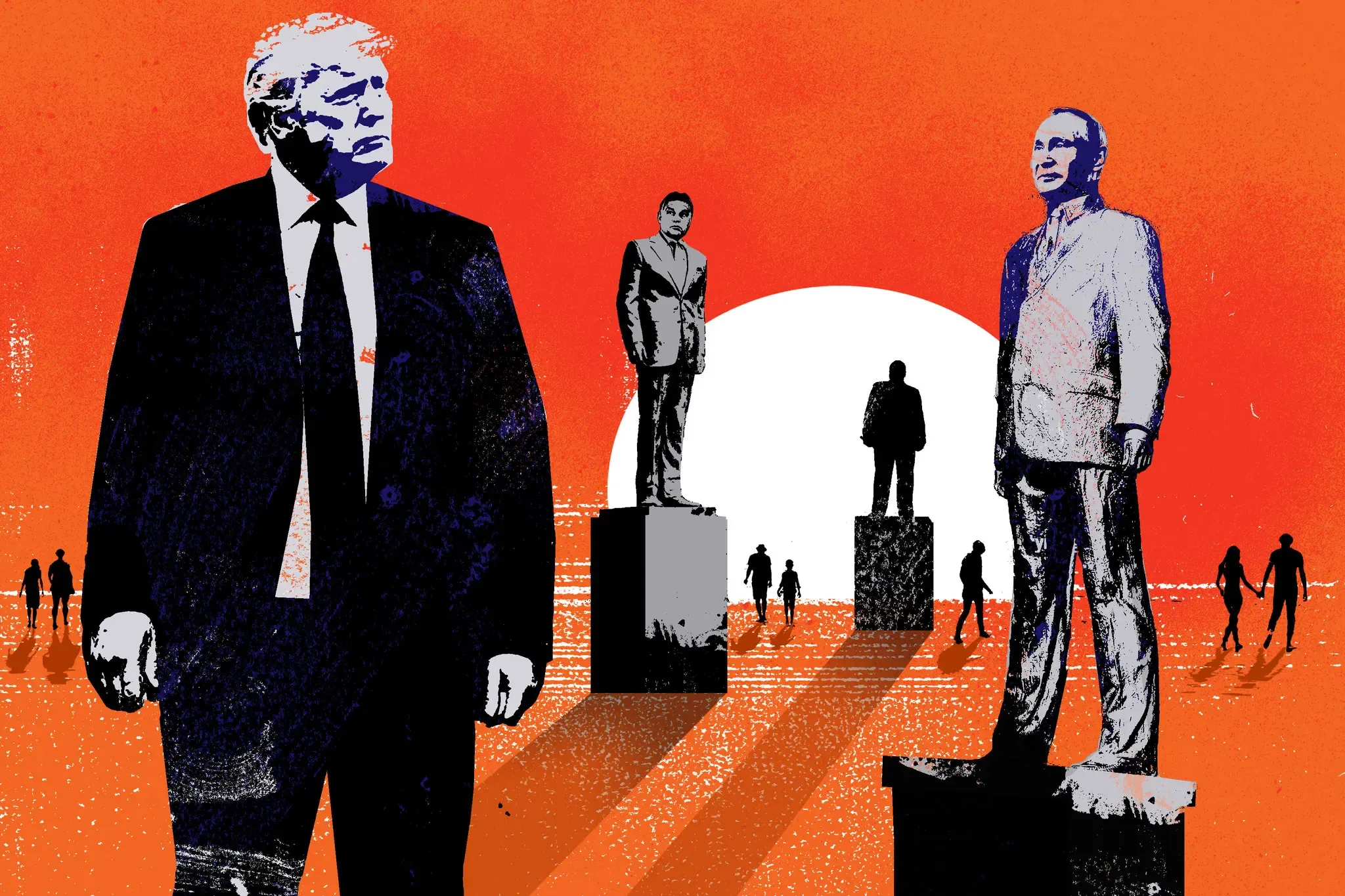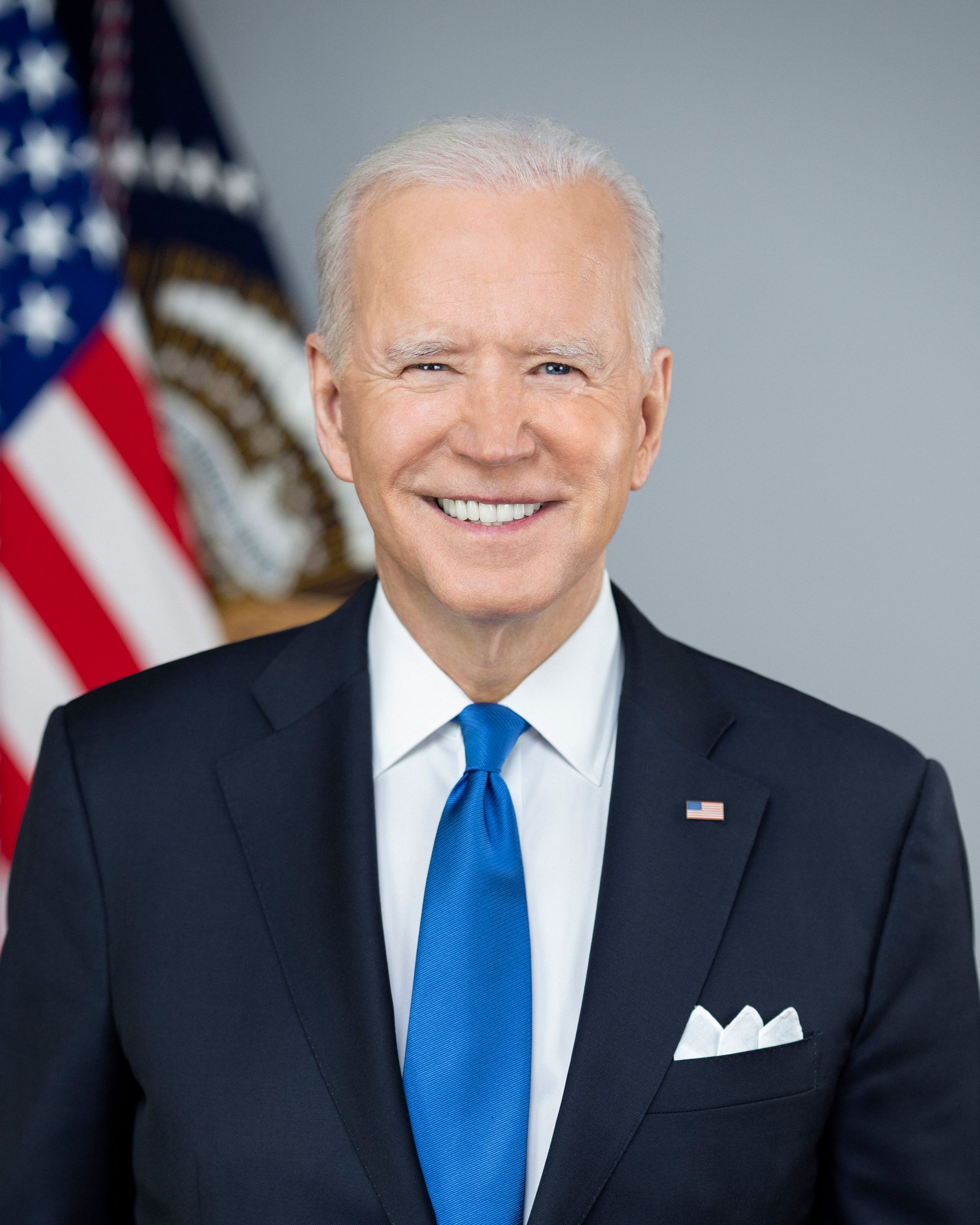Published with the generous permission of Ruth Ben-Ghiat. Read all of her outstanding writing in her Lucid newsletter.
By Ruth Ben-Ghiat
In a New Yorker essay entitled "Happy-Go-Lucky" published on August 2, 2021, the humorist David Sedaris wrote about what a relief it was to no longer have to care about political news now that Joe Biden was president. When Donald Trump was in the White House, Sedaris followed the news all day so as not to miss the latest outrageous statement or corrupt action.
"My friend Mike likened this constant monitoring to having a second job. It was exhausting, and the moment that Joe Biden was sworn into office I let it all go...It's so freeing, no longer listening to political podcasts - no longer being outraged."
This essay caught my eye not just due to Sedaris' very reasonable desire for a break from the endless authoritarian drama of Trump 1.0, but because he never mentions the biggest spectacle of all —the deadly coup attempt of Jan. 6, 2021, which was designed to keep Trump in office illegally and sent members of Congress of both parties running for their lives. Letting it all go and feeling free to finally relax after Biden's inauguration was only possible if Jan. 6 was considered a kind of tombstone on Trump’s political career and the coup's lack of success as a sign that Trumpism posed no real danger for the future. "It almost happened here, and it was scary and exhausting, but now we're done with it for good" is the spirit.
I do not intend to judge Sedaris, who was certainly not alone in his sentiments. Trump's claim that he won the 2020 presidential election allowed his devoted followers to avoid reckoning with their idol's loss and sustained his cult of personality. But Trump's refusal to declare defeat, the buildup of tension in the final months of 2020, the warnings of experts who knew what Trump was capable of, and the trauma of the assault on the Capitol deprived democracy defenders of an exhale moment after Biden’s victory. No wonder so many have remained hypervigilant, still feeling dread every time Trump and his enablers in the GOP appear in the headlines.
We hear a lot nowadays about how Americans are "sleepwalking" into authoritarianism. That term might be applied to millions who don't vote regularly (or ever) and even now avoid political news. But millions of other Americans tune out because they understand the stakes of the current assault on our democracy and it's too much to bear. "A Trump dictatorship is increasingly inevitable. We should stop pretending," wrote Robert Kagan in a piece that went viral.
It is upsetting to hear that a Trump 2.0 is likely and would be way worse than the first time around. In my work, I try to make people awake and aware of the dangers without using language that would leave them paralyzed with anxiety or prone to fatalism. I try to expose the weaknesses behind authoritarians' claims they are invincible so that people feel more empowered and less intimidated to take action against them.
“Authoritarians create a climate where they seem unstoppable,” I told Greg Sargent in an interview for his Washington Post piece that argued against the tone and substance of Kagan's piece. “Creating an aura of destiny around the leader galvanizes his supporters by making his movement seem much stronger than it actually is. The manipulation of perception is everything.”
Along with that sector of the electorate which seems detached and uninterested in our fate as a nation, we also have the problem of collective denial. American political elites who have the resources to be fully informed about the devastation Trump 2.0 would cause are among this group. Not wanting to accept the reality that the GOP has become an autocratic party and supporter of White supremacist violence, they lose time hoping futilely that a return to the before times is possible.
"Nobody elected [Biden] to be FDR, they elected him to be normal and stop the chaos," said Rep. Abigail Spanberger (D-VA) in Nov. 2021, unsettled by Biden's sweeping reforms. As a former CIA agent, Spanberger knows that there is no "normal" when a sitting president has staged a coup attempt and, unlike in other countries, has not gone to jail or into exile. She also likely knows that Biden's reforms are designed to alleviate economic hardship and inequality, thus addressing some of the circumstances that can lead people to vote for authoritarians in the first place.
So, thinking we can revert to politics as usual is one form of denial. So is not taking Trump seriously, and dismissing Trump's threats as bluster. Former Senator Mitt Romney is in this camp, as is Shadi Hamid, who has been sounding the alarm against alarmists (those who see Trump as a danger to democracy) for years now.
Is it any consolation to know that these states of denial and detachment were present at the dawn of modern dictatorship? Maybe not, but here is a story I think of often. It comes to us from the Italian Communist Ignazio Silone. After Benito Mussolini declared dictatorship in 1925, anti-Fascists left the country or went into hiding to avoid imprisonment. Silone made his way to a Communist safe house in Milan, and there he met an Italian comrade who recounted that while police in full military gear patrolled the streets, looking for state enemies to arrest, people were lined up outside La Scala, waiting to see the latest opera production, as though nothing special was going on.
Tyranny “advances with the pace of a tightening screw rather than with the dash of the executioner’s blade,” wrote the Italian anti-fascist exile G.A. Borgese in 1937. As stressful as it is to monitor the daily threats to our freedoms, the alternative of being taken by surprise when authoritarian actions happen is far worse. That's why we can help by educating others, by mobilizing at the local, state, and national level against attacks on our rights, and by canvassing and registering others to vote. Every contact gets the word out.
Tyranny may advance bit by bit, but so does democracy protection. Each success brings more confidence that our actions matter, creating a groundswell of commitment and optimism. That’s how pro-democracy movements develop and how they bring in the detached and the disillusioned, giving politics new meaning and new life.









